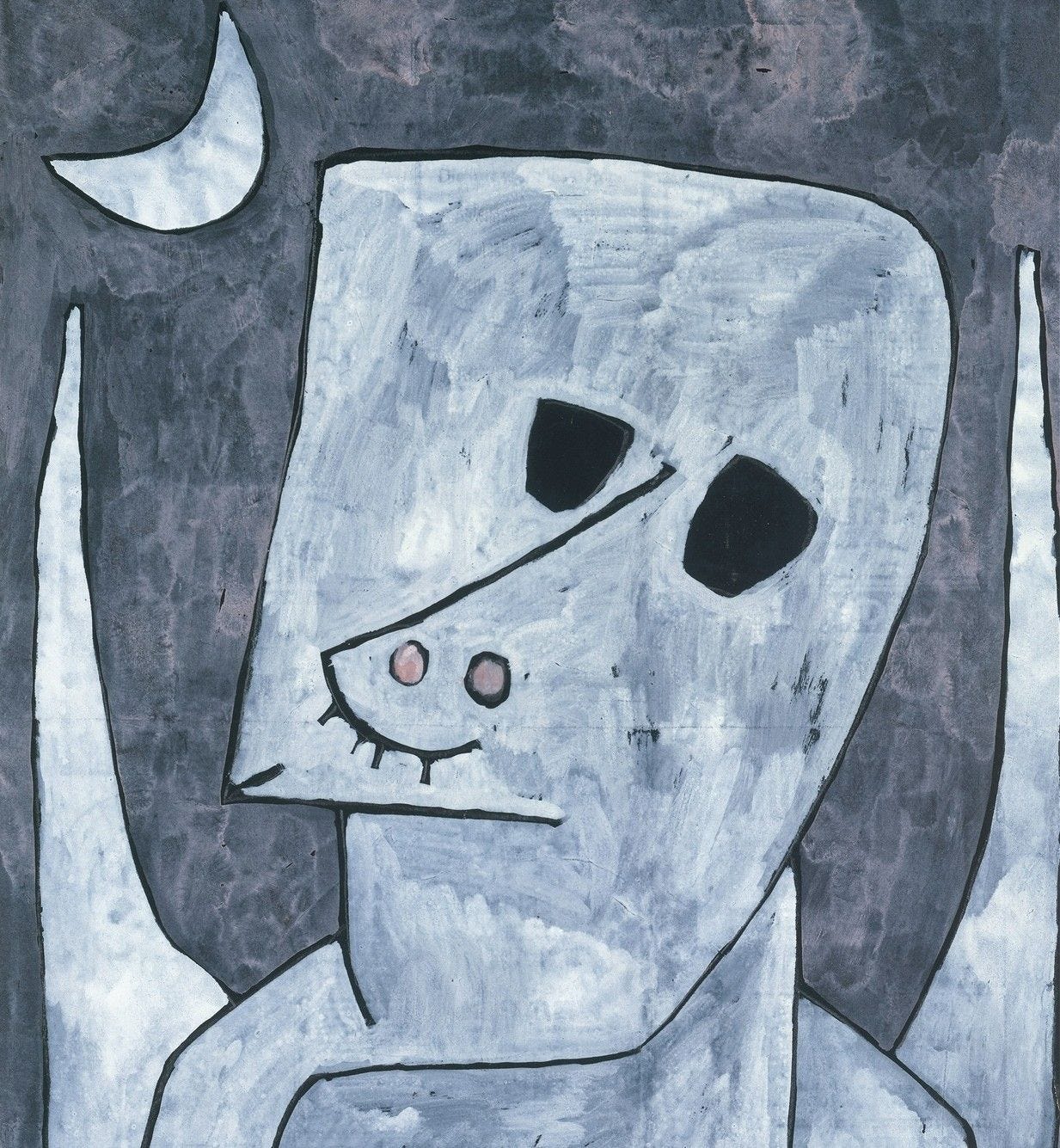How a Philosopher of Terror Became Just Another Curiosity
With every year, the obsessions of the post-9/11 era recede further out of mind. That's a good thing.
For reasons that aren’t entirely clear to me, I’ve been thinking about Islam and Muslim identity more than I usually do (which is already a lot). My two previous notes explored various aspects of being Muslim in America: how Muslim-ness interacts with wokeness , safetyism, and being boring. I suppose part of it is that I really do sometimes feel that al…




